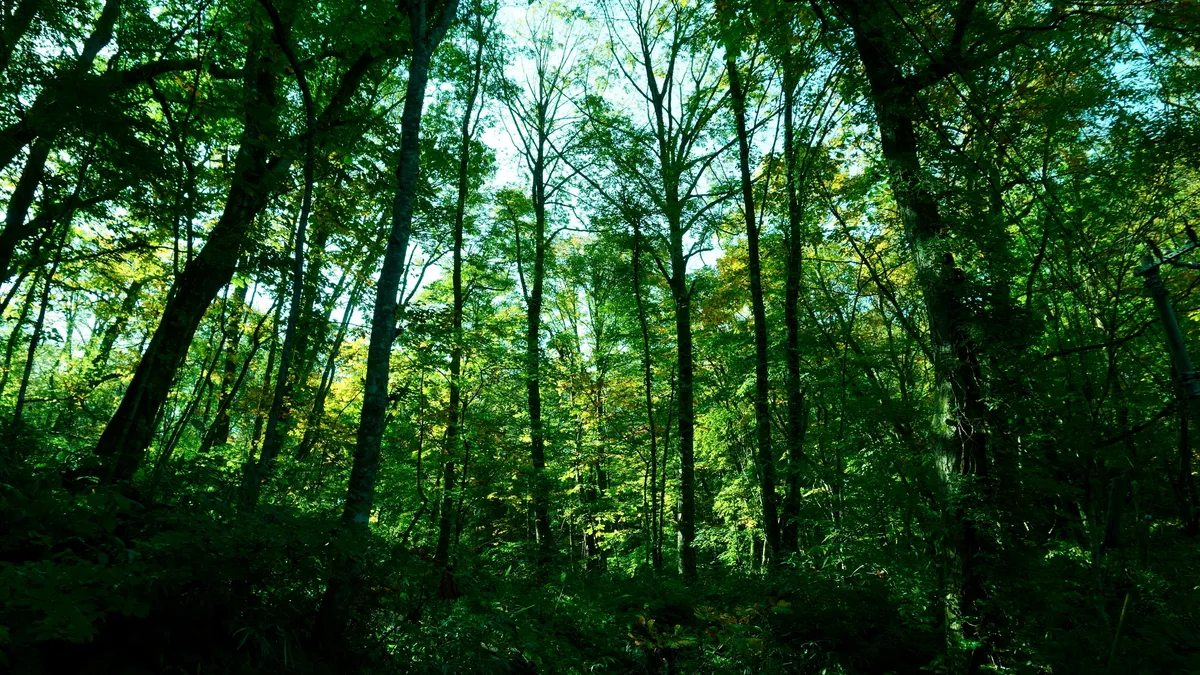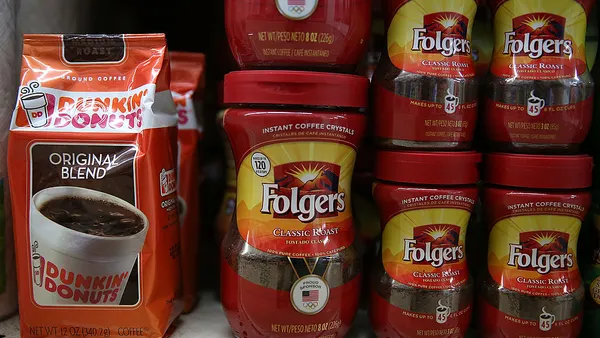Twenty-nine toilet paper brands received a score of “F” on the Natural Resources Defense Council’s latest grade card for sustainable fiber sourcing in tissue paper products. That figure represented nearly half the brands tracked for the study.
Among those receiving failing scores from the environmental advocacy group were major CPG brands, including Scott, Charmin, Cottenelle, Angel Soft, as well as private labels including Costco’s Kirkland, Amazon Basics, Whole Foods’ 365 Everyday Value and Walmart’s Great Value.
In the scorecard’s look at paper towels, 21 brands received an F score, slightly less than half of the total. In facial tissues, 19 received an F, which was a little over half of those studied.
The NRDC’s score card focuses on raw material sourcing for tissue paper, with the lowest scores going to those brands that source fibers mostly or entirely from forests.
The highest scores went to brands made primarily or entirely from recycled fibers, with more points going to post-consumer materials over post-manufacturing materials. Among toilet paper products, Green Forest, Natural Value, Trader Joe’s and Whole Foods’ private label recycled toilet paper received A+ scores from the NRDC.
“Now, more than ever, it is clear that the impacts of manufacturing single-use tissue products from forest fiber are not only severe but also avoidable,” the NRDC said in its report, adding that there are “sustainable alternatives to turning trees into toilet paper.”
Toilet paper and other tissues made from bamboo fibers were ranked below those made from recycled fibers but above those made from forest fibers, based on studies of bamboo fibers’ environmental impact, according to the NRDC. The organization also noted that “bamboo’s sustainability varies,” based in large part on whether a bamboo plantation was built by clearing a natural forest.
The ranks of F scores were made up of brands sourced from forest fibers. Those include some of the biggest companies in the business, namely Procter & Gamble, Georgia-Pacific and Kimberly-Clark.
Those companies, which NRDC labels “the Big Three,” all “make their flagship household tissue brands almost exclusively from forest fiber, consistently earning them failing scores” on each of the five editions of the tissue score card to date, the organization said.















